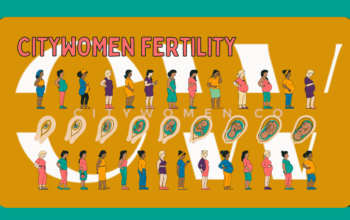
March 05, 2020 at 07:00PM by CWC
You can consider it an old wives tale or something that gray-haired ladies weave while power-knitting: the older you get, the less sleep you need. That sounds like a rare and significant pro of aging, being able to be energized for longer hours. It also sounds… extremely not real. While I do remember my grandma up-and-at-’em around 6 a.m. each day, and I also remember her out cold on the couch, head toppled backwards. So do you need less sleep as you get older? Or is YiaYia a liar?
Well, first off, there’s at least an element to truth, according to the National Sleep Foundation. Our needs definitely do change as we age. When you’re a fresh-out-of-the-oven newborn to 3 months old, you require something like 14 to 17 hours a day. Diaper-bound infants need more like 12 to 15 hours a day. Toddlers to kindergartners need 11 to 15 hours a day, hence the mid-day break of nap time. It slims to nine and 11 hours of sleep until you hit your teens, and it’s more like eight to 10 hours. Seven to nine hours is the recommended number for adults (I know, I’m giggling, too), and that’s the same once you’re 65 or older. So, yes, technically you do need less sleep as you get older.
But the reason why you factually get and function on less sleep has nothing to do with becoming an incredibly spry elder who really wants to be up at the crack of dawn. Rather, our patterns simply change, and we get more shallow rest compared to that subterranean deep REM goodness. Likewise, it’s more common to go back to our kindergarten habits and catch a quick nap on the sly.
Munching before bed? Pair carby snacks with this ingredient for a better night’s rest. And if you’re trying to get to sleep faster, this is why you should grab a book.
ADVERTISEMENT
ADVERTISEMENTKate Spade Autumn/Winter Sale |
Author Mary Grace Garis | Well and Good
Selected by CWC

ADVERTISEMENT
ADVERTISEMENTUp to 30% off Gift Sets |







